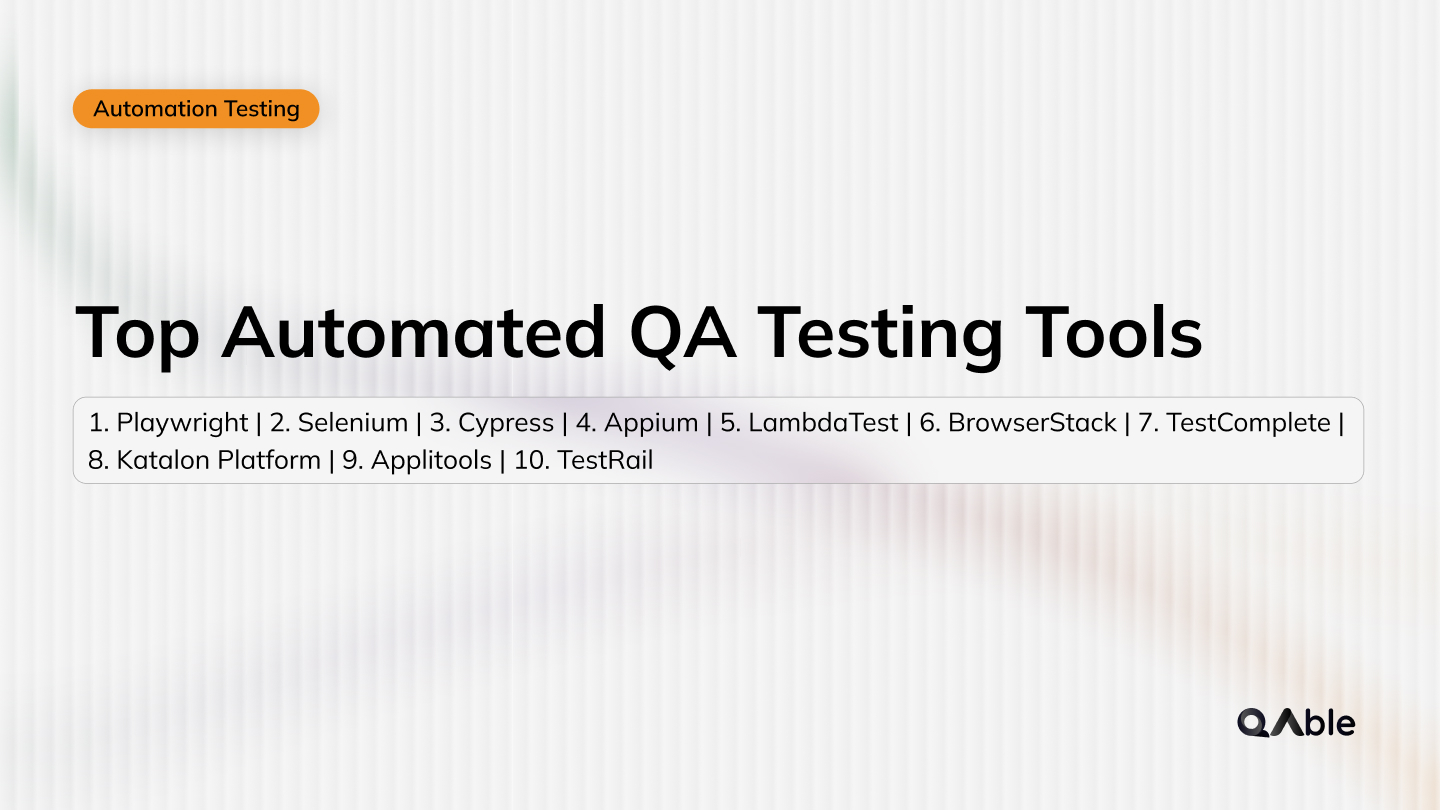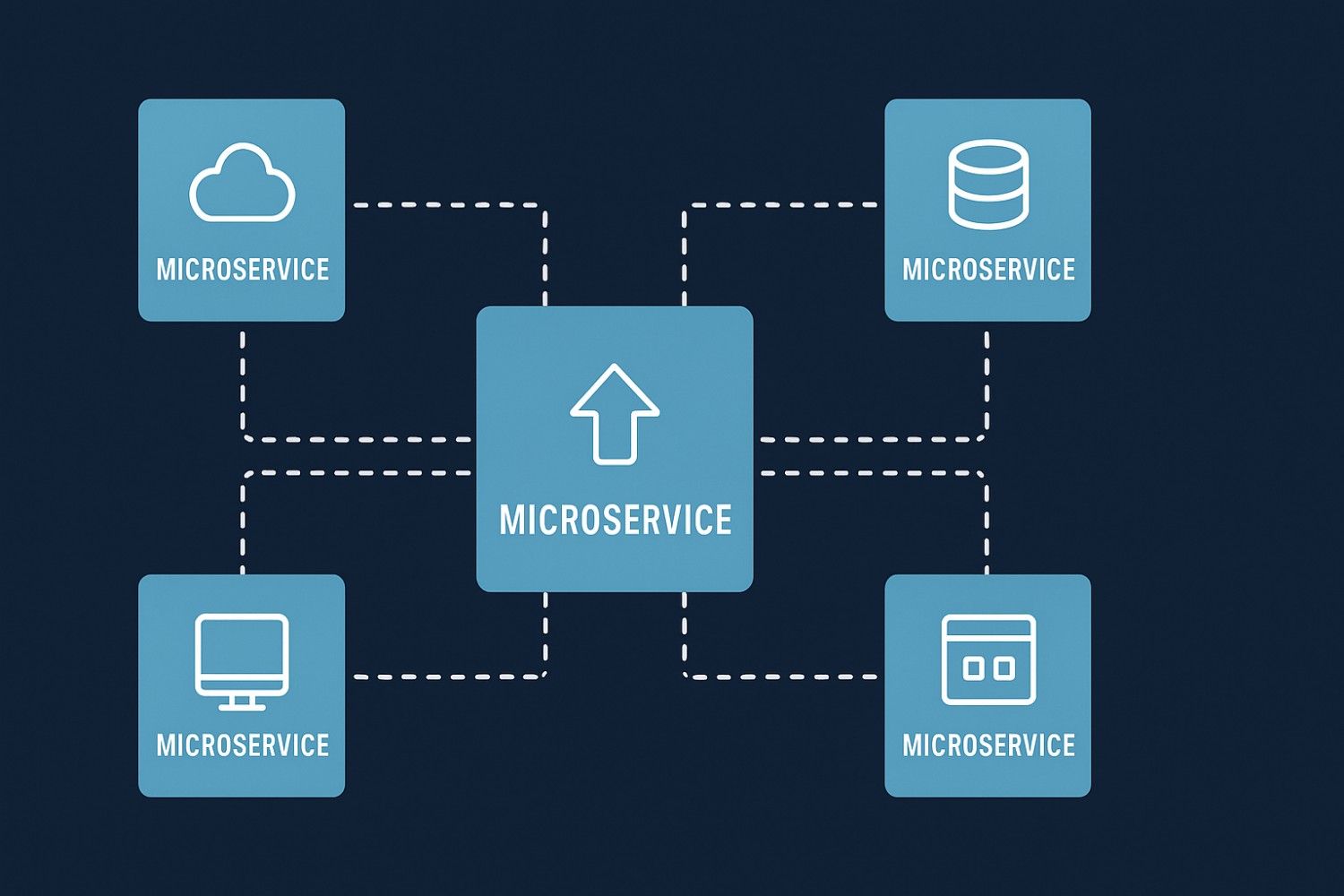Table of content
SHARE THIS ARTICLE
Is this blog hitting the mark?
Contact Us
Table of Content
- Why You Need Software Testers
- How to Define Your Software Testing Needs
- How to Find Software Testers
- How We Can Help You
- FAQs
Software testing is an important part of software development since it assures that your products are of high quality, functional, and reliable. However, hiring software testers can be a challenging task, especially if you are not familiar with the skills, tools, and processes involved in software testing.
In this blog post, we will guide you through the steps and best practices of hiring software testers, from defining your needs and expectations, to screening and interviewing candidates, to making the final decision. We will also share some tips and examples of how our company, India’s leading software testing company, can help you with your software testing needs.
Why You Need Software Testers
Before you start looking for software testers, you need to understand why you need them in the first place. Software testing is not just a matter of finding and fixing bugs, but also a way of ensuring that your software meets the requirements and expectations of your customers, stakeholders, and users.
Some of the benefits of software testing are:
- It improves the quality and performance of your software, reducing the risk of errors, failures, and defects.
- It enhances the user experience and satisfaction, increasing the retention and loyalty of your customers.
- It saves you time and money, avoiding the costs and consequences of poor software quality, such as rework, maintenance, support, and reputation damage.
- It helps you comply with the standards and regulations of your industry, avoiding legal issues and penalties.
- It gives you a competitive edge, differentiating your software from others in the market.
How to Define Your Software Testing Needs
The next step is to define your software testing needs, which will help you determine the type, level, and scope of software testing that you require. Some of the factors that you need to consider are:
- The type of software that you are developing, such as web, mobile, desktop, or embedded.
- The complexity and size of your software, such as the number of features, modules, and components.
- The development methodology that you are using, such as waterfall, agile, or DevOps.
- The quality attributes that you want to verify, such as functionality, usability, security, performance, or compatibility.
- The testing techniques that you want to apply, such as manual, automated, or exploratory testing.
- The testing tools that you want to use, such as test management, test automation, or bug tracking tools.
- The testing environment that you want to set up, such as the hardware, software, and network configurations.
- The testing budget that you have, such as the cost of hiring, training, and maintaining software testers.
Based on these factors, you can define the software testing needs for your project, such as the number, skills, and roles of software testers that you need, the testing phases and activities that you need to perform, and the testing deliverables and metrics that you need to produce and measure.
Also read: When to Use Offshore Software Testing
How to Find Software Testers
Once you have defined your software testing needs, you can start looking for software testers that match your criteria. There are several ways of finding software testers, such as:
- Posting job ads on online platforms, such as job boards, social media, or forums.
- Searching for candidates on online platforms, such as LinkedIn, GitHub, or Stack Overflow.
- Hiring freelancers or contractors from online platforms, such as Upwork, Fiverr, or Freelancer.
- Outsourcing or partnering with software testing companies, such as ours, that can provide you with qualified and experienced software testers.
Each of these methods has its own advantages and disadvantages, depending on your preferences, resources, and goals.
For example, posting job ads can help you reach a large and diverse pool of candidates, but it can also be time-consuming and costly to screen and interview them.
Hiring freelancers or contractors can give you flexibility and convenience, but it can also pose challenges in communication and collaboration.
Outsourcing or partnering with software testing companies can offer you quality and reliability, but it can also require trust and coordination.
How We Can Help You
If you are looking for software testers for your project, we can help you. We are best software testing company in India, with over 10 years of experience and expertise in software testing. We have a team of qualified and experienced software testers, who can provide you with the following services:
- Functional testing: We can verify the functionality of your software, such as the features, workflows, and user interfaces.
- Non-functional testing: We can validate the non-functional aspects of your software, such as the performance, security, and compatibility.
- Automation testing: We can automate the testing of your software, using the latest and best tools and frameworks.
- Exploratory testing: We can explore and test your software, using our curiosity, creativity, and critical thinking.
- Regression testing: We can test your software after changes or updates, to ensure that it still works as expected.
- User acceptance testing: We can test your software with real or representative users, to ensure that it meets their requirements and expectations.
How to Manage Software Testers
After you have hired software testers for your project, you need to manage them effectively to ensure the quality and success of your software testing activities. Managing software testers can involve various aspects, such as:
- Setting clear and realistic expectations, goals, and deadlines for your software testing project, and communicating them to your software testers.
- Providing adequate and appropriate resources, tools, and support for your software testing project, and ensuring that your software testers have access to them.
- Monitoring and measuring the progress and performance of your software testing project, and providing feedback and recognition to your software testers.
- Resolving any issues or conflicts that may arise during your software testing project, and facilitating collaboration and cooperation among your software testers and other stakeholders.
- Evaluating and reviewing the results and outcomes of your software testing project, and identifying the strengths, weaknesses, and opportunities for improvement.
When managing software testers, you should follow the following principles:
- Trust and respect: You should trust and respect your software testers, and give them autonomy and responsibility for their software testing work.
- Communication and transparency: You should communicate and share information with your software testers regularly and openly, and encourage them to do the same with you and others.
- Feedback and learning: You should provide and receive feedback with your software testers constructively and positively, and foster a culture of learning and improvement.
- Recognition and reward: You should recognize and reward your software testers for their achievements and contributions, and motivate them to continue and excel.
Conclusion
Software testing is an essential component of software development since it assures the quality, functionality, and dependability of your software products. Hiring software testers can be a challenging task, but it can also be a rewarding one, if you follow the steps and best practices that we have shared in this blog post.
We hope that this blog post has helped you understand how to hire software testers, and how we can help you with your software testing needs.
If you are interested in working with us, or if you have any questions, please feel free to contact us.
We would love to hear from you and help you with your software testing project.
Thank you for reading, and happy testing! 😊
Discover More About QA Services
sales@qable.ioDelve deeper into the world of quality assurance (QA) services tailored to your industry needs. Have questions? We're here to listen and provide expert insights


Nishil Patel is the Co-founder of QAble, delivering advanced test automation solutions with a focus on quality and speed. He specializes in modern frameworks like Playwright, Selenium, and Appium, helping teams accelerate testing and ensure flawless application performance.
.svg)














.webp)
.webp)
.png)
.png)











.png)



.png)

.png)

.png)





.jpg)








.png)





.webp)

